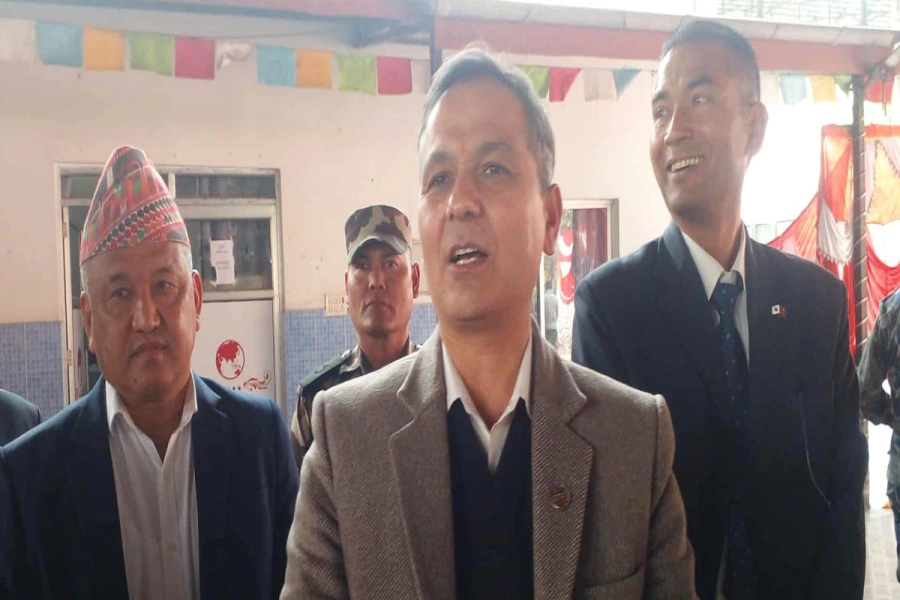It is a heartbreaking monsoon in the Madhesh province. Due to a prolonged drought spell, desperation drove farmers to take risks that have proved deadly to many of them. A report suggests that at least 29 farmers died across Madhesh in a year while using illegal electricity to water their parched paddy fields. In the last few weeks, several lives have been lost in Rautahat, Dhanush and Siraha as farmers tried to irrigate their drought-hit fields using electric pumps. In July, three farmers died within a single week in Rautahat. Two men succumbed to electric shock after coming into contact with exposed wires. Forty-year-old Rambabu Mukhiya died during treatment in Gaur, and Moktar Dewan, 52, died at Grande Hospital. A few days earlier, 14-year-old Narendra Patel had also died in a similar incident. In Siraha’s Golbazar Municipality-13, 62-year-old Ramprit Pandit was found dead beside his pump in the third week of July, believed to have been electrocuted during nighttime irrigation. On July 24, 60-year-old Asarphi Mahara of Hansapur Municipality-3 in Dhanusha also died after a short circuit. All of them succumbed to electric shock.
Sankhuwasabha farmers roll their sleeves to excel at cardamom f...

More than the drought, it is the poor awareness, lack of technical support, and a broken link between institutions and ground reality that caused the loss of precious lives. Farmers are not trained electricians, but many of them were left with little alternative. Instead of receiving support for safer solutions to irrigate land, they felt compelled to somehow manage all electricity-related works, which posed a threat to them. The Nepal Electricity Authority (NEA), for its part, claims it has been offering subsidies and holding safety programs. Municipalities like Maulapur and Phatuwa Biaypur have allocated millions to cover farmers' electricity bills. Yet such intervention has not stopped illegal tapping. The obvious question follows: if electricity is subsidized, why are farmers risking their lives to steal it? The answers point to gaps in communication and delivery. Farmers either don’t trust the subsidy system, don’t know how to access it, or the bureaucracy is too slow and tangled to rely on.
Though NEA promises compensation of Rs 1 million for families of the deceased in cases of confirmed institutional fault, most of these deaths are blamed on user negligence. In reality, the line between individual errors and institutional failure is more blurred than officials would like to admit. True, the victims took risks. But these were risks born out of helplessness, not carelessness. NEA must stop treating safety as a once-a-year campaign and begin treating it as everyday work. Setting up local information desks in municipalities, dispatching training personnel to monitor pumps set up during pea irrigation times, and running radio messages in the local language would go a long way. At the same time, community-level training on safe pump installation and legal electricity use should be routine. If electricity is subsidized, help farmers access it without any difficulty. Preventive support is always better than handing out compensation after someone dies. The drought may not be in our hands, but stopping needless deaths like these is. The farmers of Madhesh are not asking for much; they want water for their crops and a safe way for it. Meeting the basic needs should not cost them their lives.






































